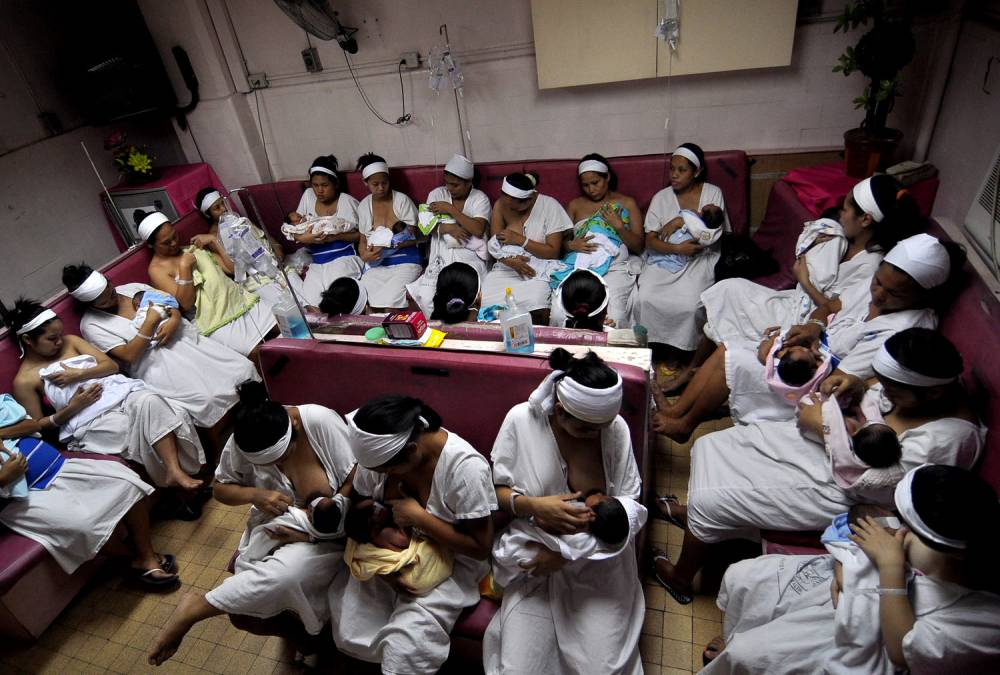PH goal: Reduce maternal deaths to 70 per 100K live births by 2030

The World Health Organization (WHO) has urged countries in the Western Pacific region, including the Philippines, to ensure that every mother and baby receive the care they deserve.
Based on the WHO report released on Monday titled, “Trends in maternal mortality estimates 2000 to 2023,” there has been progress in reducing deaths among pregnant women worldwide.
The maternal mortality ratio (MMR) indicates the number of women who die during pregnancy or childbirth, which serves as a crucial measure of both women’s health and how well health-care systems protect mothers.
For every 100,000 babies born in countries and areas in the region in 2023, 35 mothers died. This was 29 percent lower than in 2010 when 49 mothers died per 100,000 live births.
However, despite this progress, too many families and communities still lose mothers and newborns to preventable causes.
For instance, the number of pregnant Filipino women who died in 2023 was higher than the regional average.
2023 fatalities
According to the report, 84 Filipino mothers died for every 100,000 babies born in 2023. This was despite the improvement of the MMR in the country, a 28-percent decrease from the 117 maternal deaths every 100,000 live births recorded in 2010.
For the Philippines, it will be a race to meet the Sustainable Development Goal MMR of 70 per 100,000 live births by 2030.
“Pregnancy and childbirth should be a time of joy, but for some families and communities, it ends in tragedy. The life of every mother and every newborn is precious, and we must do everything possible to save them,” said Dr. Saia Ma’u Piukala, WHO regional director for the Western Pacific, at a press conference in Manila on Monday, which is World Health Day.
“We have the power to end preventable maternal and newborn deaths in our region. Every woman and every baby deserves the highest quality of care to ensure their survival and well-being,” he said.
According to Piukala, this requires not just better access to care, but a transformation in the quality of health care that women and newborns receive, particularly in the most vulnerable communities.
Sustained investments
The WHO also kicked off on Monday a yearlong campaign on maternal and newborn health called “Healthy beginnings, hopeful futures” to urge the health community to ramp up efforts to end preventable maternal and newborn deaths, and to prioritize women’s longer-term health and well-being.
According to the WHO regional director, governments can support better quality maternal health care by making sustained investments in safe and accessible maternal newborn care; supporting an enabling environment for health workers such as safeguarding uninterrupted access to water and sanitation; and ensuring health facilities are well-stocked with essential medicines and supplies.
Health authorities should also equip their health-care workers with proper training and supplies so they can identify issues early, prevent infections and handle difficult situations confidently.

















